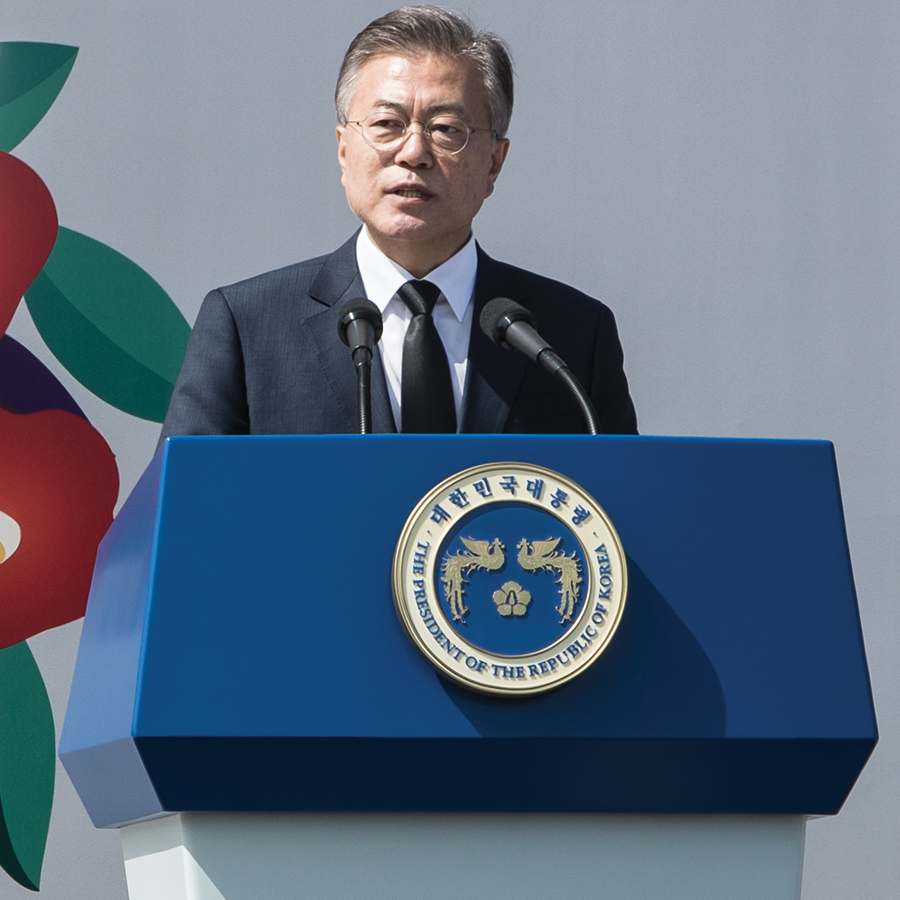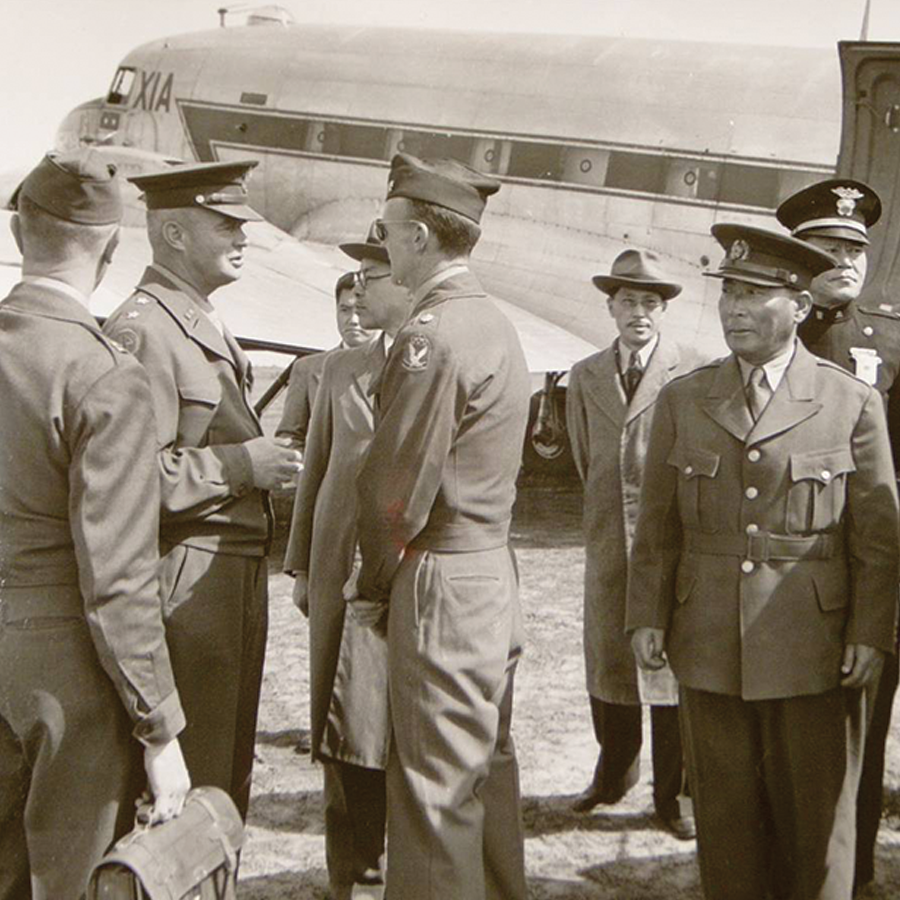President Moon Jae-in addresses mourners at the 70th anniversary memorial service for victims of Jeju 4·3
April 3, 2018 The surviving victims and bereaved families of the Jeju April…
Read MoreThis chapter covers three of the main themes in international coverage and scholarship on the massacre in recent years: US responsibility (section one); truth and reconciliation (section two); and official apology (section three). The first work by George Katsiaficas is a work of scholarship, “Asia’s Unknown Uprisings Volume 1: South Korean Social Movements in the 20th Century,” which includes a chapter focusing on the Jeju Uprising and Massacre. Katsiaficas helps to place the events within the context of wider grassroots mobilization against authoritarianism and US involvement across the region. Then, in a piece for Foreign Policy in Focus, George Fattig again emphasizes the US role and makes the pragmatic case for an official apology from the White House. Finally, on US responsibility, Tim Shorrock again raises question marks about similarities between US conduct in Gwangju 5.18 and Jeju 4·3 in a presentation given at the 2018 Jeju Forum for Peace and Prosperity.
Looking further into the truth and reconciliation process, a key excerpt from “The Massacres at Mt. Halla” by Hun Joon Kim is included. Kim’s seminal work published by Cornell University Press provides an extensive analysis of the truth and reconciliation process with attention on the role of local activists in finally breaking through the wall of silence. This is followed by an opinion piece by Michael Breen in The Korea Times, which calls for Koreans to build on the shared values of democracy and rights enshrined in the process of transitional justice. Complementing this is an interview in The Jeju Weekly newspaper with Lee Mungyo, former chairman of the Jeju 4·3 Peace Foundation. Lee says that Jeju can serve as a model for peace movements around the world even while the full truth of the massacre remains unknown.
The chapter closes with a letter of condolence from Pope Francis and two of the most important materials produced in English on the massacre — the official apologies from President Roh Moo-hyun in 2003 and President Moon Jae-in in 2018. The late President Roh’s statement was on Jeju Oct. 31, 2003, following the government’s acceptance of the official investigation report and it was the first presidential apology for the state’s role in the massacre. Although first given in 2003 in Korean, a translation was also included in the English version of the “Jeju 4·3 Incident Investigation Report” published in 2013. This is followed by the 2018 remarks by President Moon Jae-in given at the memorial service to mark the 70th anniversary of the massacre. President Moon outlines in more detail the state’s responsibility and calls for political moderation on all sides to ensure lasting peace and reconciliation.

April 3, 2018 The surviving victims and bereaved families of the Jeju April…
Read More
Respectable people of Jeju, the bereaved of the 4·3 Incident and citizens of…
Read More
Lee Mungyo, former chairman of the Jeju 4·3 Peace Foundation, believes the peace process can…
Read More
By Michael Breen — • • • The recommendations made by the Jeju…
Read More
By Hun Joon Kim — Cornell University Press, 2014 Excerpt p10-11 • • • Although…
Read More
Presented at the ‘4·3 from the Perspective of Foreign Journalists’ session held at the 2018…
Read More
To help make peace in Korea, the U.S. should follow South Korea’s lead and apologize…
Read More
Volume 1: South Korean Social Movements in the 20th Century By George Katsiaficas —…
Read More